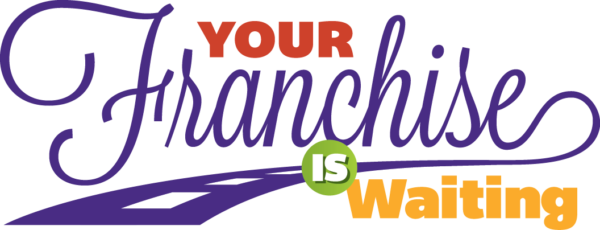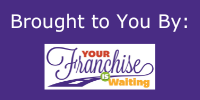“Burned-Out” But Can’t Leave
This month we asked an expert about corporate burnout. Meet Marv Curtis – a performance coach for people in high-stress positions.
“Career Advancement” or “Building Equity” are some common reasons people give for starting a new business or changing jobs. But the underlying reasons are more likely to be that you are bored, can’t stand your boss, or feel your working conditions are hostile or lack flexibility. The catchphrase for this is “Burned-Out.”
So why do so many people stay in jobs they dislike?
According to monster.com, Here Are the 5 Top Reasons People Don’t Leave a Job Even Though They Are Burned-Out:
-
-
Scared to leave current employer hanging – Fear of seeming disloyal
A high percentage of employees feel a sense of loyalty to their current employer, often higher than the loyalty they feel toward their own careers.
-
-
-
You are what you do – Fear of losing your identity
In America, we sometimes identify so much with what we do and who we work for that it can seem like we “are” our jobs and titles. Letting go of that ego attachment can be a barrier to change.
-
-
-
Worried you might hate your new job – Fear that nothing will change
Many people love their jobs but need to change employment for other reasons and worry that they will hate their new work situation. It’s nice to know that most of those worries can be overcome with diligent research.
-
-
-
Convinced you can’t hack it – Fear of failing
Imposter syndrome is the feeling that you are somehow unqualified or not good enough for the work you are doing and that as soon as everyone figures this out you will be fired.
-
-
-
You positively hate being the new kid – Fear of the unknown
It’s easy to get stuck in the comfort zone. Even with good reasons for leaving a job, there is security in having it. You know the company and how it works, including confidence that you won’t be surprised and get laid off.
-
The Costs and Benefits of Change Can Be Compelling.
The cost of unhappily staying in the old job is significant. Setting aside the estimated 34% lower productivity of burned-out workers to the employer, the biggest cost isn’t financial. It’s health.
A Gallup poll found that burned-out employees are 23% more likely to end up in the emergency room and cost an estimated $125 to $190 billing in increased healthcare costs per year.
Burnout sufferers experience higher rates of these and other health conditions:
- High cholesterol
- Type 2 diabetes
- Coronary heart disease
- Insomnia
- Depression
- Exhaustion
- Fatigue
- Headaches
- GI distress
- Severe Injury
- Drug dependency
A career change can pay big benefits. In addition to improved health, The Conference Board found that during the Pandemic, nearly 1/3 of Americans who changed jobs received a pay increase of 30% or more.
Gaining popularity as a career change solution is starting your own business. Startups have traditionally been the leading edge of economic recoveries and often bring exciting innovation. Recent data from the U.S. Census Bureau shows a massive increase in new business applications filed in 2021 with 5.4 million new applications compared to the previous record of 4.4 million in 2020.
Some of these new business applications represent people whose previous jobs were downgraded or eliminated in the pandemic, while many were filed by workers that walked away from stable careers looking for the opportunity to follow their dreams.
When you are experiencing uncertainty about your current employment, it helps to get good advice about the career options you have and what you really need to be happy. It can also be helpful to talk to an expert in managing any fears that may be holding you back and exploring ways to overcome them.
The future is bright and full of opportunities to improve your work conditions and maximize the skills and experience you have spent years developing.
For a complimentary 30-minute conversation about managing burnout fears, DM or schedule a call at: https://go.oncehub.com/MarvCurtis



